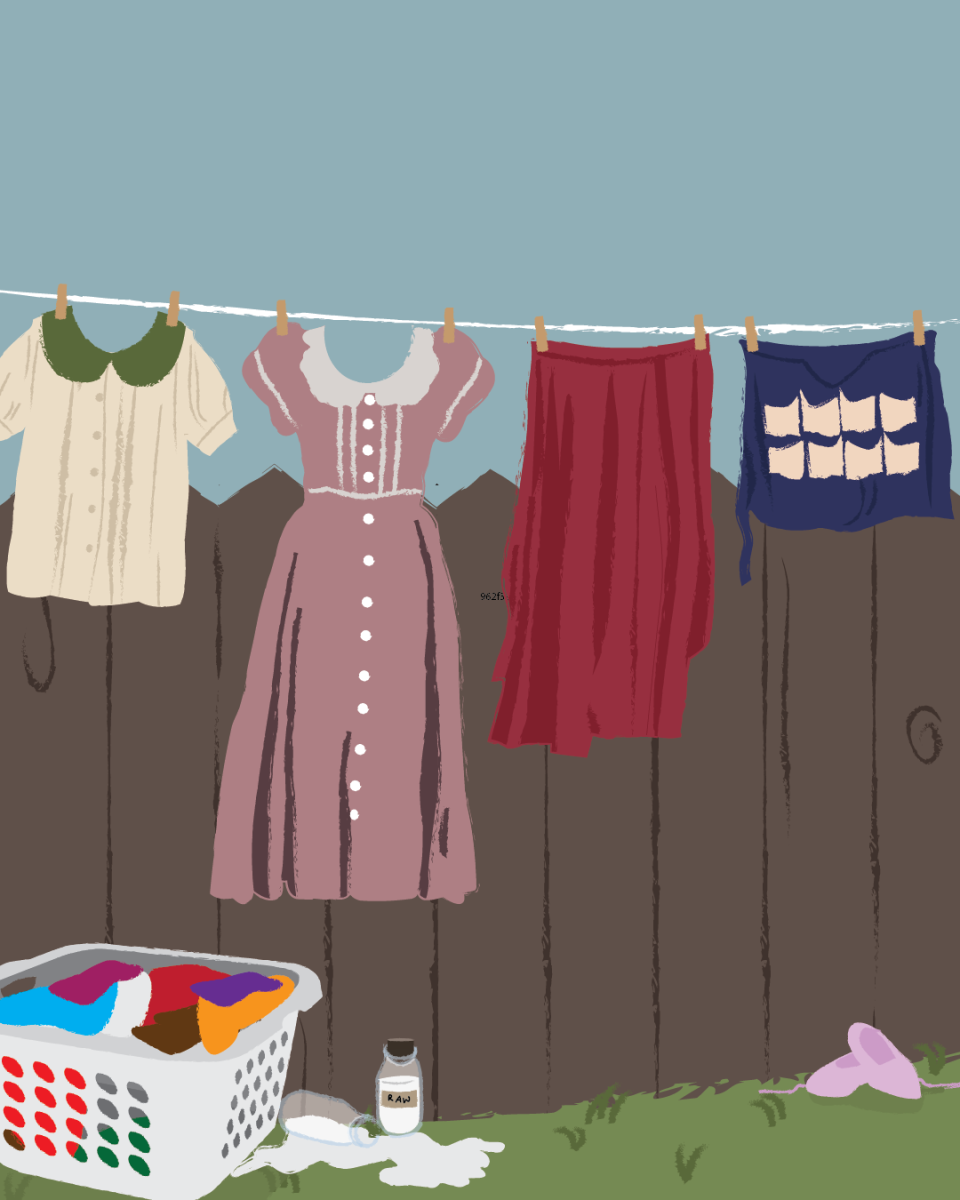In the blue light, touch-screen and social media filled world we live in today, feeling isolated or alone is not uncommon. Pair this with the busy life of a college student, where it is so easy to get caught up in the rush of events, and it is all too easy to forget to give proper attention to one’s own mental health. Or, sometimes it may feel that all attempts towards improving one’s mental health result in nothing better than a state of stagnation where it only feels like a fight against preventing any further sliding into a state of anxiety or depression.
It is not a big secret that declining mental health is taking an ever-increasing toll on youner generations. Generation Z, which encompasses those born between the years 1997-2012, including the vast majority of App State students, is more likely than any preceding generation to report having experienced a state of poor mental health.
Additionally, the rise of social media is thought to be heavily linked to the comparatively lower mental health state of Gen Z. In one survey, 35% of Gen Z reported spending two hours or more daily on social media and an additional 23% reported spending one to two hours.
Excess time spent on screens, and generally social media as a whole, are unavoidable symptoms of our generation. Whether we are connecting with family and friends, churning out school work or finding that creative juice, daily tasks are evermore served by devices. Technology is weaving itself into the fabric of our world, demanding more and more attention; it is practically inseparable from many aspects of life.
With the continuing surge in technology usage, unplugging and spending time with a focus on self-benefit in regard to mental health is of the utmost importance. One of the best uses of time may be spending time in nature.
Everyone should find time to get outside and be immersed in nature. The occasional ditching of the urban world to give oneself some time in nature has been demonstrated to improve psychological wellbeing. This is the practice popularly known as “forest bathing.”
Getting into the outdoors and amongst the green offers a multiplicity of psychological benefits. Of participants that walked for just 15 minutes in nature, one study observed increases in connectedness to nature, attentional capacity, positive emotions as well as the ability to reflect on a life problem.
Let’s be clear: there is no magic bullet in the quest for thriving mental health. While there are things that work for many, not every solution will work for each person. On the flip side, there are effective ways to tap into the human psychology we all share – such as spending time in nature.
Student demand for universities’ mental health services is increasing. This is the result of primarily two trends among the college-aged: a lower-reported quality of mental health, but positively, an increased awareness of mental health concerns. The increase in the demand for these services is overwhelming the capacity of many universities’ mental health infrastructure. Without expanding their service capacity, it is no surprise students may have to wait days or weeks longer than before to receive any given service.
While students should first seek out any available resources offered by their university, as they are often covered by tuition and student health insurance, everyone should still make use of the effects the natural world can have on the human brain.
Noticing one’s own gaps in mental health can be revelatory. So much so that waiting a few weeks can feel like an eternity. Go outside today. Getting outside can be as simple as a walk through the neighborhood in appreciation of the trees and local critters.
Luckily for people living in Boone, the town’s surrounding area is chock-full of beautiful outdoor spaces. Grab a friend, hop in a car and hit some local trails.
AllTrails is an app that can help you find hikes. The Mountains-to-Sea Trail, a high-quality NC trail spanning the length of the state, is nearby and offers plenty of beautiful section hikes. Moses Cone Park has many miles of relatively easy trails accessible from several points. Take a chance on a random turnoff on the Blue Ridge Parkway and admire the view.
If you or a friend don’t have a car, there are a few places within walking distance to AppalCart bus routes. Check out the Daniel Boone Native Gardens and trudge up to the top of the Strawberry Hill Arboretum with a blanket and a good book in tow. The Appalachian State University Nature Preserve, accessible from campus, has wonderful trails perfect for catching a breath of fresh air between classes. The Greenway Trail of Boone is perfect for bike, skates or foot. Sneak away to one of the greener parts of App State’s campus.
There are plenty of options in the Boone community that no one should miss out on. Making use of the available spaces is easy and spending even just a little time outdoors on the daily should be prioritized by all of us.
Anyone that is facing real challenges in caring for their mental health, wants to go from surviving to thriving, or simply is seeking to learn more about mental health, should definitely make use of the resources provided in their community. There is a diverse array of university resources supporting a vast range of needs that are available, for free, for App State students. To access frequent and upcoming services such as group-led outdoor programming, mindfulness classes and more, visit App State’s Wellness & Prevention Services webpage. Additionally, see App State’s Counseling & Psychological Services and reach out to them to learn about further resources available.





Joe Dan • Oct 8, 2023 at 4:33 pm
Well stated reminder of the rich resources Boone offers for self care. Thanks for the reminder and additional links of places to go!